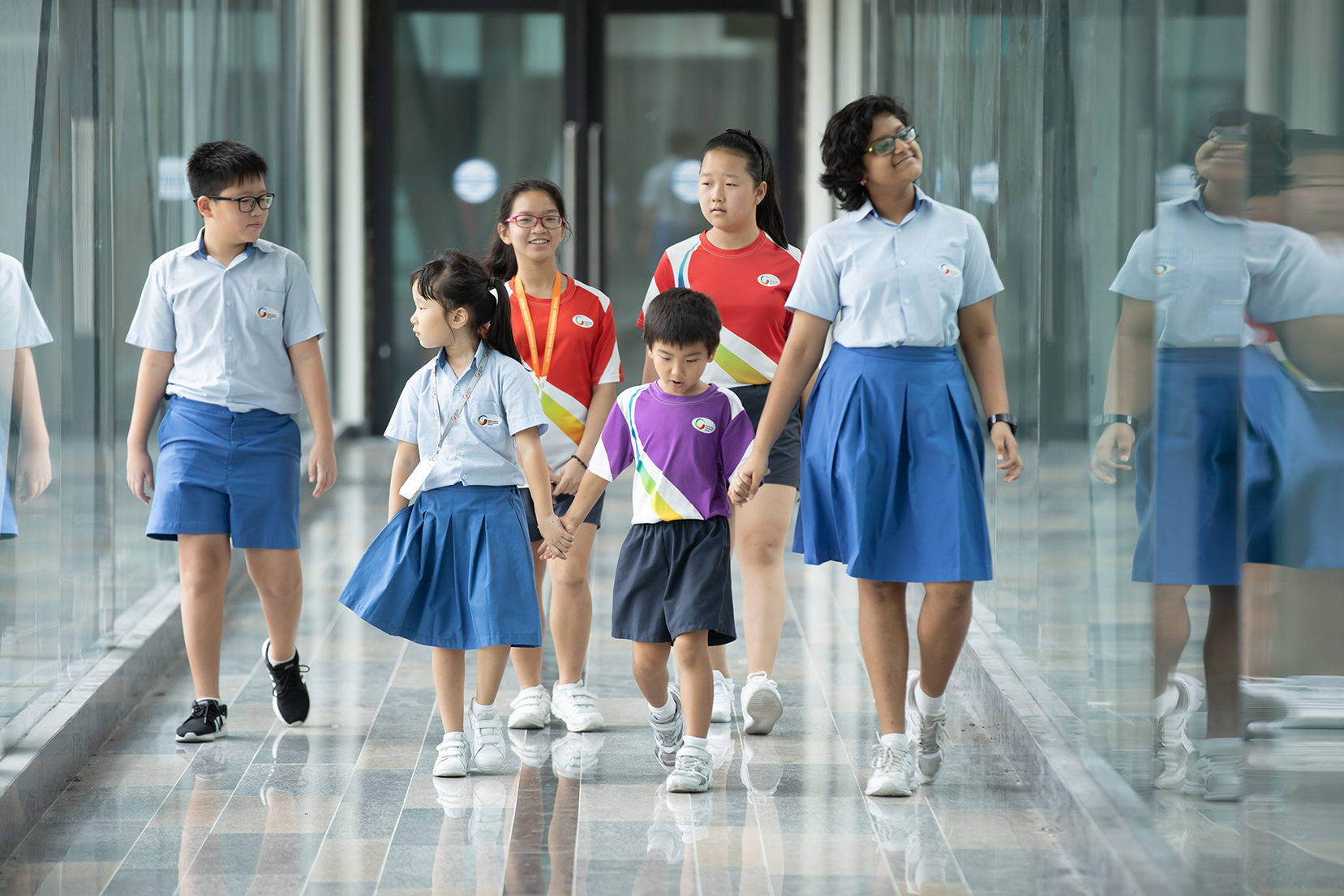Our modern world is a global village. Families have moved for work from their countries of origin to lands of different cultures and ways of life, where they settle down and raise their children.
As a natural outcome of this movement, our children are spending many educational years absorbing the customs of these lands and making them their own, even as they hang on to their roots and observe many age-old traditions of their forefathers.
But, this duality can be detrimental to the children, who are perceived as foreigners in their host country, as well as their own country.
Caught between two cultures, these children were found to often form their own unique culture, and termed as the ‘Third Culture Kid’ by renowned US sociologist Dr Ruth Hill Useem.
WHO ARE TCKs
Parents often observe that their children are very different from other kids of similar age in their home country. Such distinctions are most evident during family holidays when these children come together and mingle during family gatherings. From the clothes they pack, to the attitude they wear, to the tone they adopt and body language they display to show respect - there are many instances when these differences starkly come to the fore.
The language communication of TCKs, their inclination towards practising rituals and their methods of prayer, may be completely different. Subtleties in social interactions, which come naturally to desi children in given situations, have to be explained to TCKs by their parents. Parents have to ensure that their children 'fit in’ by doing the right thing, while at the same time dodging the labels of hypocrisy and being fake.
It is only natural for TCKs to, then, rebel against rules which are unnecessary to embrace in their host country. For Eg: TCKs growing up in a safe country like Singapore do not fathom the relevance of ‘being home before dusk’.
CHALLENGE FOR PARENTS
Hence, parents find themselves repeatedly at loggerheads with their teenagers over every little thing from the choice of clothes, to the choice of words while addressing elders, the show of respect and the tone of voice. Clashes follow, and parents may realise that each fight ends with sentence like ‘This is how we do it in India (or China, or Vietnam), while the children retort ‘Well, I am in Singapore.”
WHAT CAN BE DONE
While there is no 'one size fits all’ solution to this conundrum, there are many ways in which parents can deal with such situations effectively.
- Be judicious with rules: Making children follow most integral and non-negotiable parts of one’s culture, and being flexible with other parts, can be a good start. For example: Touching feet of one’s elders may be a must in a certain cultures, but saving it for the most respected members of the family can be done. Speaking in the mother tongue can be necessary, but writing could be made optional.
- Be encouraging of good behaviour: Parents should notice when children are displaying pro-culture behaviour on their own accord, and appreciate and encourage this with subtle nods or visible pride on their face. Such appreciation can go a long way to inculcate these behaviours than any tongue-lashing or harsh rules.
- Be patient: Finding the right balance takes time, more so for children who are yet to mature and understand. Give them time, and space to come into their own, and be comfortable in their own skin.
Often, TCKs are most comfortable with other TCKs. There is no harm in such multicultural interaction, and it could expand the child’s worldview. Encourage the exchange of cultural notes among friends, so that each understands and learns to respect the culture of another.
Raising third culture kids can be challenging because typical and familiar standards do not apply. But, TCKs are at an advantage because of their exposure to multiple languages, newer ways of doing things etc, which develops their confidence, communication and diplomacy skills and adaptation skills to any new situation.
For further reading: https://www.internations.org/guide/global/third-culture-kids-15290
(This column hopes that parents can benefit from using alternative approaches and find comfort in the fact that almost all parents of teenagers are going through the same trials and tribulations.Feel free to send in your comments, questions and observations at divya.prasad@globalindianschool.org)



.jpeg)
